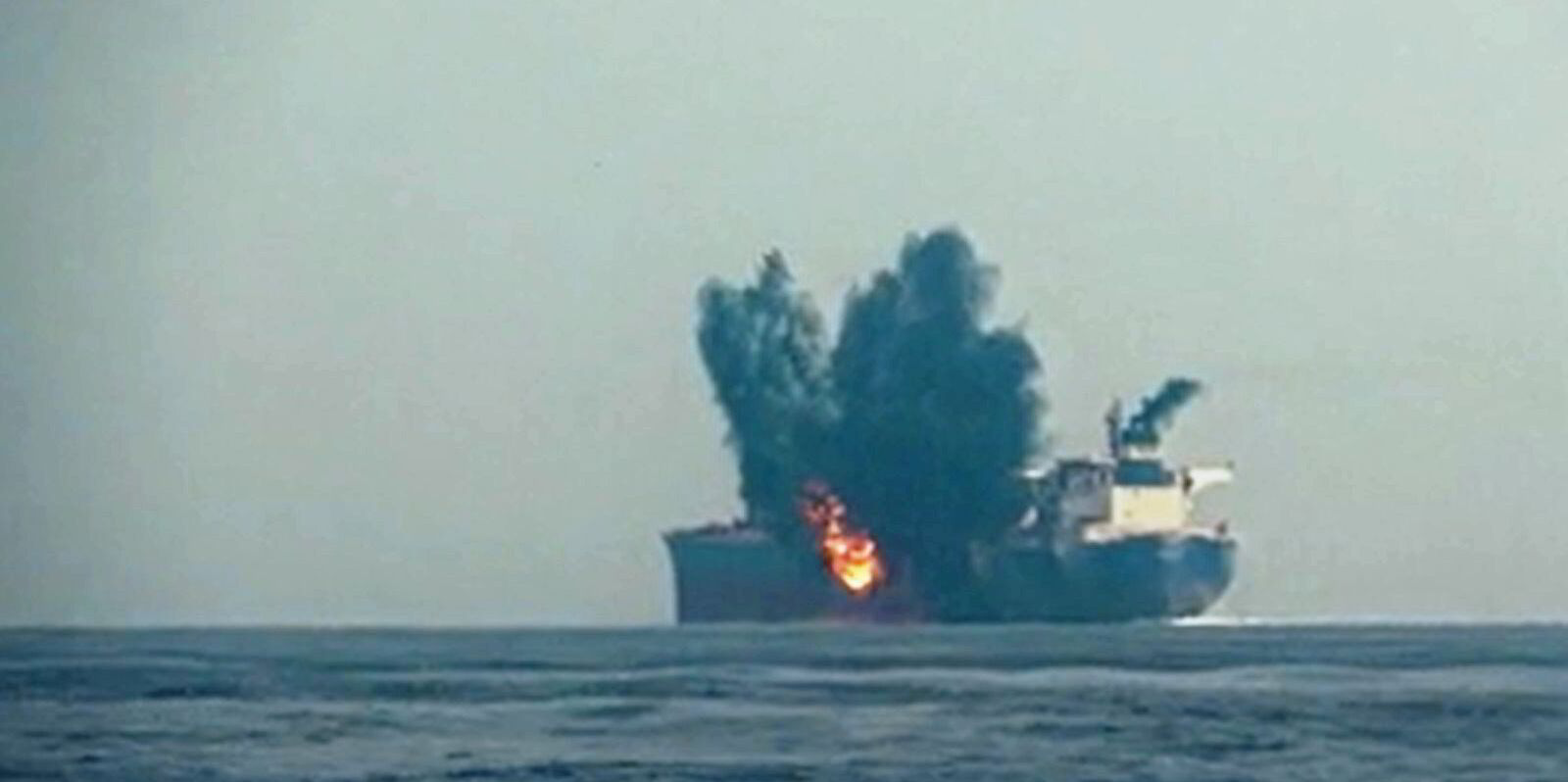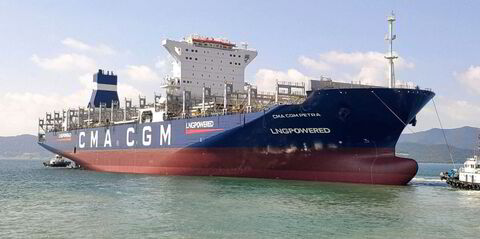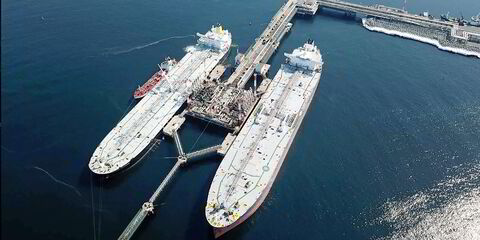A ceasefire between Israel and Hamas may not spell the end of Houthi attacks on shipping in the Middle East, regional security experts said.
The Yemen-based militant group, which has menaced the waters of the Red Sea and Gulf of Aden since November 2023, may only temporarily halt attacks on vessels.
Nadwa Al-Dawsari, a non-resident scholar who focuses on Yemen and the region for the Middle East Institute think tank, said that the Houthis may also take credit by claiming that their attacks helped bring an end to the conflict.
“It might lead to a suspension of attacks in the Red Sea, but it’s not going to be permanent,” she told TradeWinds.
Ian Ralby, chief executive of maritime and security consultancy IR Consilium, said it was “false and hypocritical” for the militant group to claim that the war in Gaza was the reason for their attack on shipping.
“The only impact that the ceasefire will have on the Houthis is forcing them to pivot to another false narrative,” he said.
Middle East security experts have said that the Houthis, despite their current support from Iran, want to create their own caliphate, and they see the US and Israel as long-term enemies.
The Houthis have not attacked a merchant ship in 2025 to date.
But in the days leading up to the announcement of the ceasefire deal, the group fired ballistic missiles at Israel, which responded with attacks on ports and power plants in areas of Yemen controlled by the Houthis.
The Houthis also claimed to have carried out a second attack in a week on the aircraft carrier USS Harry S Truman, though the US military has not confirmed the claim.
Mohammed Abdul Salam, the official spokesman for the Houthis’ Ansar Allah organisation, acknowledged the ceasefire on Wednesday as the conclusion of the “battle” but continued to describe Israel as a threat to the region.
Al-Dawsari said that when the Houthis launched the attacks on shipping and naval forces in the region, the war in Gaza was its justification. But she said that was propaganda and not the group’s actual objective.
“They still want to hold the Red Sea hostage,” she said. “But it will not be too long before they find another reason to attack ships or Israel for that matter.
Shipping companies that have avoided the Red Sea may not rush back into the waterway at first.
Lars Jensen, chief executive of container shipping consultancy Vespucci Maritime, said a reopening of the Suez Canal route to liner operators is not imminent.
“In order to revert to a Suez routing the carriers would want to be reasonably certain that the situation does not suddenly deteriorate, and they would have to make their vessels do a U-turn and once more revert back to Africa,” he said on LinkedIn.
“Such yo-yo movements of the services are extremely disruptive.”
He also said that Houthi communications imply that a ceasefire might not be enough for them to back off.
Ralby, who is also a nonresident senior fellow at the think tank Center for Maritime Strategy, said shipping should pay attention to what the Houthis do, and not what they say, after the ceasefire.
“The shipping industry should make no changes until they see for a sustained period of real change in behaviour by the Houthis,” he told TradeWinds.





